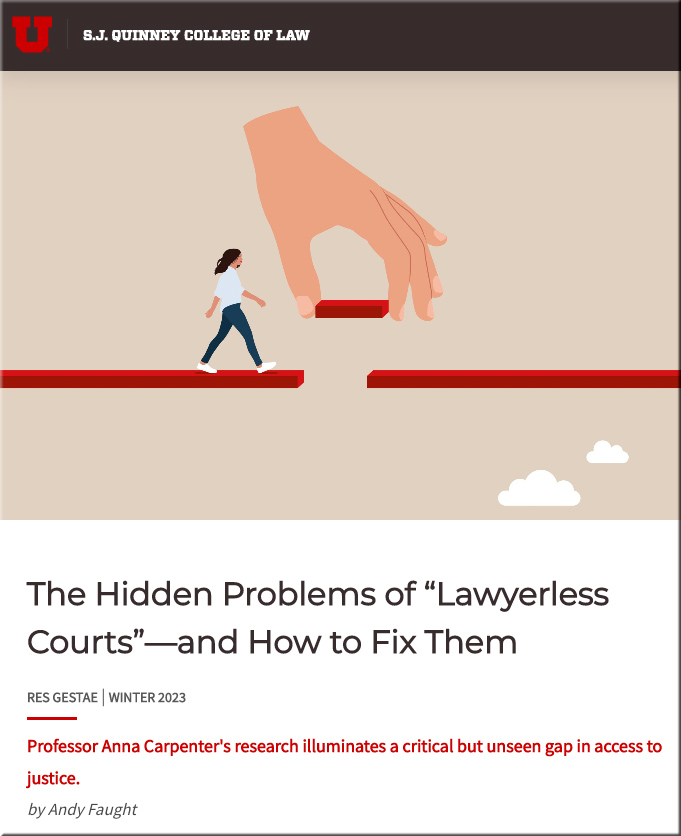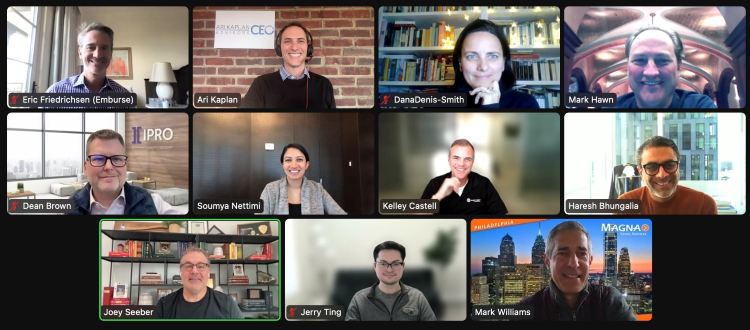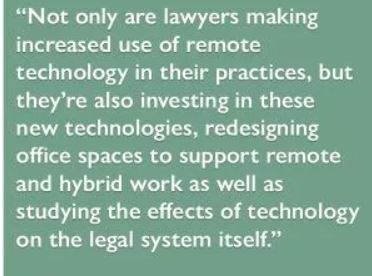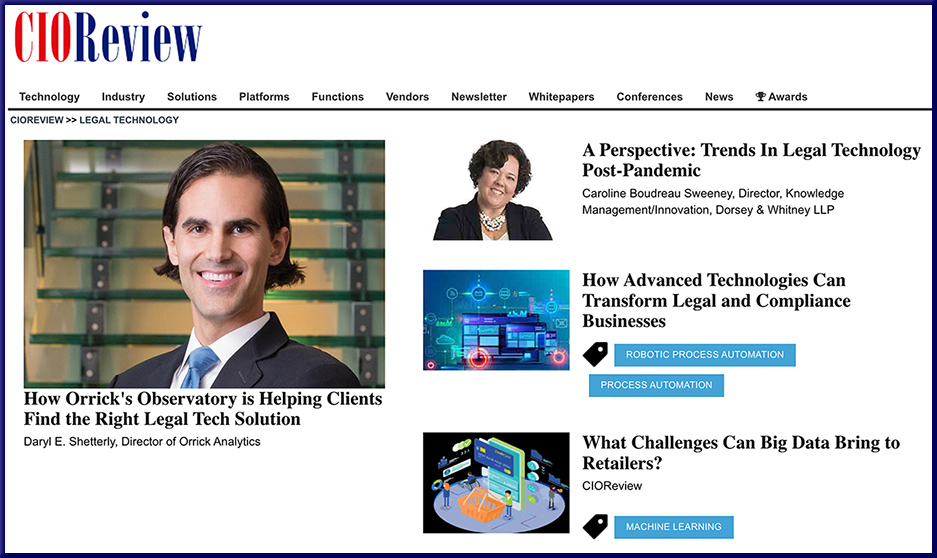The Thomson Reuters Institute’s biennial report found that growth of ALSPs has “dramatically accelerated.” It is up 45% since the last report in 2021, with a compound annual growth rate of 20% for fiscal years 2020 and 2021…https://t.co/cVNH8dKHRs via @ABAJournal #legal
— Daniel Christian (he/him/his) (@dchristian5) February 10, 2023
DC: It will be interesting to see how ALSPs use ChatGPT, GPT versions 3.5 and above, and other areas of #legaltech
Alternative legal services providers hit $20.6B share of legal market, new report says — from abajournal.com by Matt Reynolds
Excerpt:
Alternative legal services providers, or ALSPs, have shown accelerated growth and now make up $20.6 billion of the legal market, according to a report published Tuesday.
The Thomson Reuters Institute’s biennial report found that growth of ALSPs has “dramatically accelerated.” It is up 45% since the last report in 2021, with a compound annual growth rate of 20% for fiscal years 2020 and 2021, according to the report, titled Alternative Legal Services Providers 2023: Accelerating growth & expanding service categories.
ABA panel deals a blow to test-optional push — from highereddive.com by Jeremy Bauer-Wolf
Dive Brief:
- The American Bar Association’s policymaking body rejected a plan Monday that would end the requirement that ABA-accredited law schools use the Law School Admission Test or another standardized assessment in admissions.
- The ABA House of Delegates voted against the change to the organization’s policy that mandates admissions tests — exams detractors say contribute to middling diversity in legal education. Nearly 600 officials comprise the House of Delegates, which took a voice vote on the plan, meaning a precise count was not available.
- However, the proposal isn’t dead. It could be revived and approved unilaterally by the Council of the Section of Legal Education and Admissions to the Bar…
Excerpts:
Every year, 20 million Americans find themselves in state civil courts facing life-altering events such as divorce, child custody deliberations, eviction, and missed bills.
But unlike in criminal courts, where defendants have a constitutional right to legal representation, the same guarantee isn’t afforded in state civil courts. Most people in these courts are low- to middle-income and unable to afford help. They must strike out on their own to blindly navigate byzantine legal protocols.
“The civil justice system is broken in our state courts,” says Utah Law Professor Anna Carpenter, whose research examines state civil courts, the judges who preside in them, and access to justice. She is part of a four-person research team that pioneered a new body of scholarship that analyzes state civil courts.
“I challenge anyone, especially lawyers, to go sit in one of these courtrooms and watch the tragic, day-to-day reality,” Carpenter says. “You’ll see why we believe these courts are the emergency rooms of our justice system.”
The Future of Legal Technology with Gabe Teninbaum
















